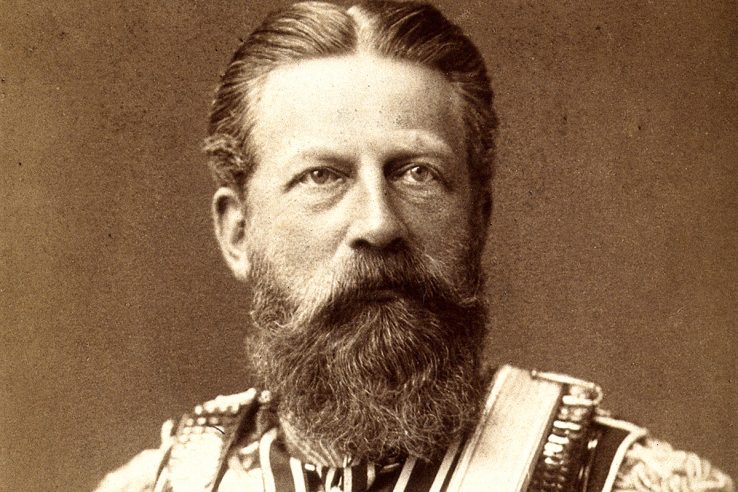Historically, Friedrich III was already terminally ill with cancer when he ascended the throne in 1888 and died 99 days thereafter.
He was married to Princess Victoria, eldest child of Queen Victoria and Prince Albert, and held Great Britain in high regard (half of his personal medical staff was British).
Friedrich was on excellent terms with his parents-in-law; took rather liberal views and there are indications that he wished to turn the German Empire into a constitutional monarchy modeled after the British.
What he might have done
Had his reign been longer, and had he not been wrecked by cancer, he might have brought several changes to Germany: he would have curtailed the power of the chancellor, something he tried during his short time in power but was unable to pass into law. This might have prevented the ultra-conservative Otto von Bismarck from passing his anti-socialism laws.
He might have turned the German Empire into a more liberal state and, although there is no consensus among historians, the majority seems to support this view.
As Margaretha von Poschinger in her biography of Frederick states:
In firm accordance with his idealistic tendencies, he regarded the modification of class distinctions, recognition of intellectual claims, personal “rapprochement” of employers and employed and kindly intercourse between men as the chief means of compensation for the inevitable hardships of industrial life. Freedom from economic distress would, he hoped, result from the spiritual liberty and elevation of the nation. He became in course of time, the center and initiator of all charitable efforts in the country.
He might have been a very progressive ruler indeed.
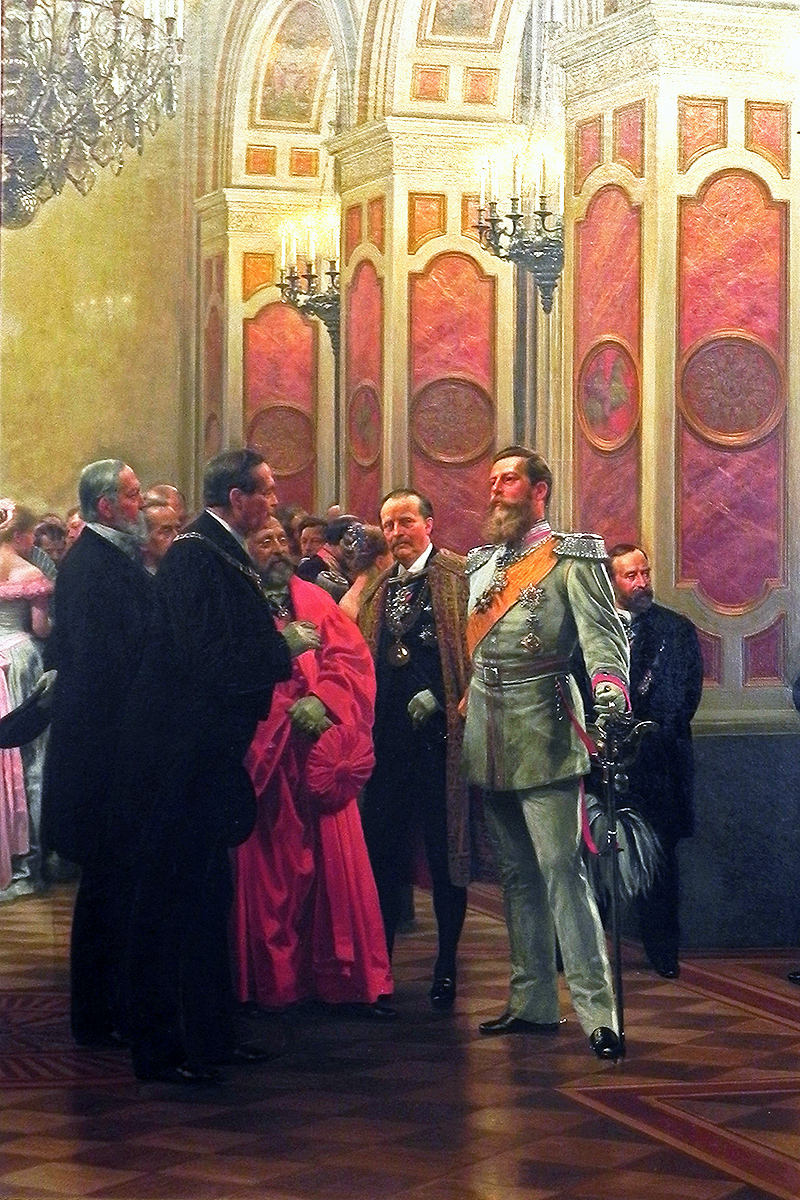
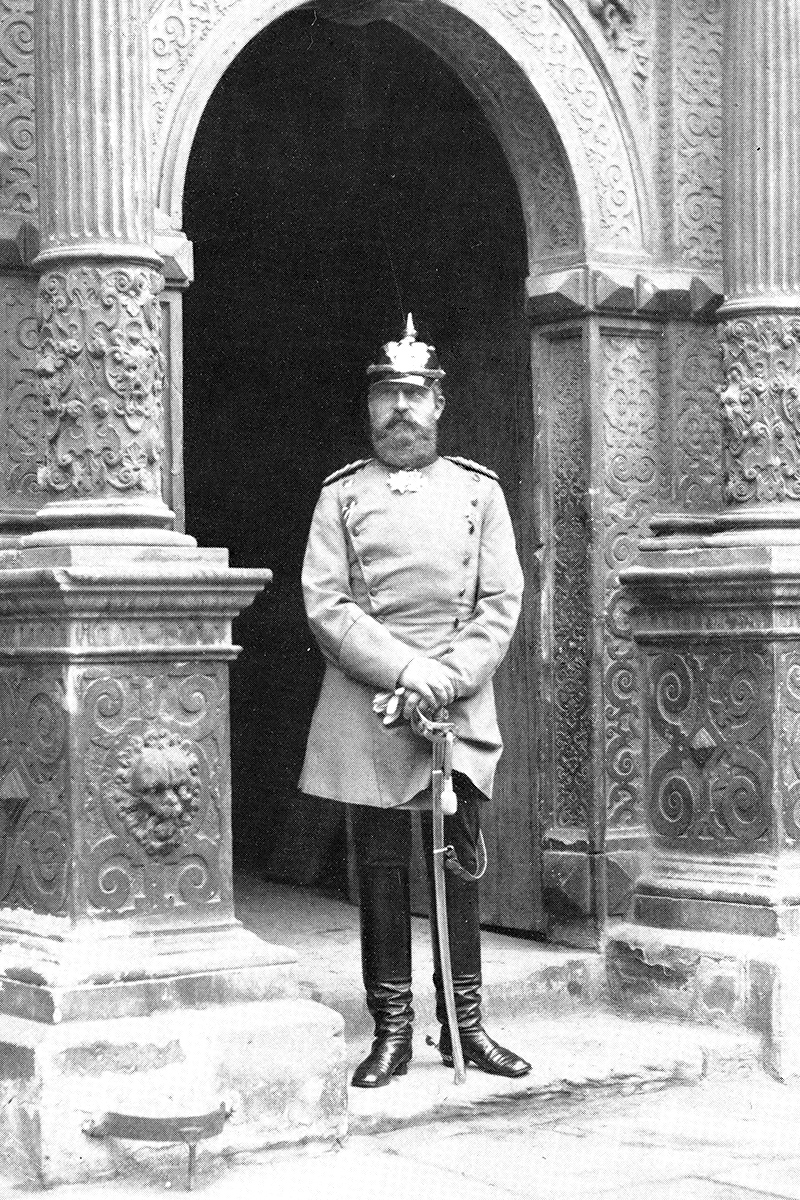
What he would most likely not have done or would have prevented
Friedrich III was by no means the militarist. His son and successor, Wilhelm II, was.
He also was not nearly as enthusiastic about the navy. Therefore we can assume that there would not have been a massive build-up of German armed forces and no naval race with the United Kingdom.
Likewise, Germany’s relation with Britain, which suffered greatly due to several blunders on the part of Wilhelm II, would likely have remained stable for a long time.
A stable, friendly relationship with Britain would likely have prevented the Austro-Hungarian and the German Empires from becoming such staunch allies. Historically, Wilhelm II sought this alliance partly because in the years leading up to the Great War, Britain, France (which held a grudge anyway) and Russia became cold or hostile toward Germany.
So a likely situation at the turn of the twentieth century would have been: The German Empire on friendly terms with the United Kingdom, France still rather isolated by the old alliances forged by Wilhelm I (Friedrich III’s father and the first Hohenzollern emperor), the Austro-Hungarian Empire possibly courting both Germany and Britain or in relative isolation.
(As to the relation with Russia, I dare not speculate for lack of knowledge.)
With this setting established, let us explore two alternate history scenarios.
1. The assassination of Archduke Franz Ferdinand still takes place
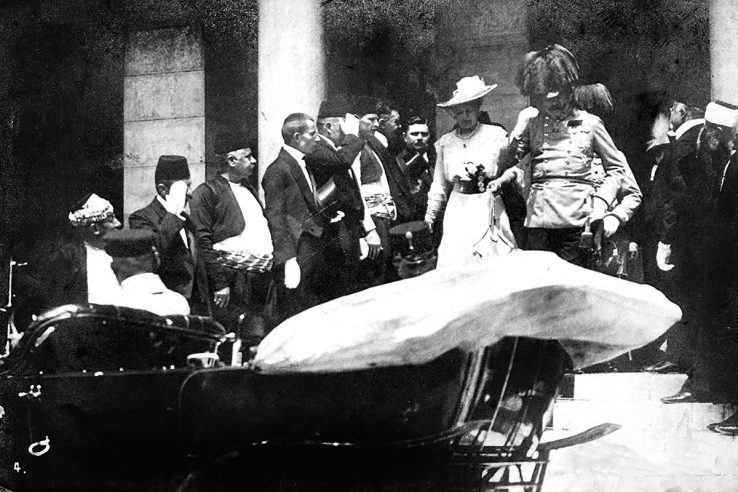
Since there is no strong German-Austrian alliance, Germany would not have sided with the Austrians in their conflict with Serbia. Austro-Hungary would have had to face the might of the Russian Empire alone.
Judging from the historical performance of Austro-Hungarian troops against their Russian counterparts in the Great War without German assistance, we can safely assume Vienna would have sought peace real soon — if ever it went to war.
The Austro-Hungarian Empire might have continued to exist in a diminished form or (I consider this more likely) been torn apart by inner turmoil quickly. The German-speaking parts would likely have sought entry into the German Empire while Hungary and parts of the Balkan would have become independent.
2. No assassination of Archduke Franz Ferdinand
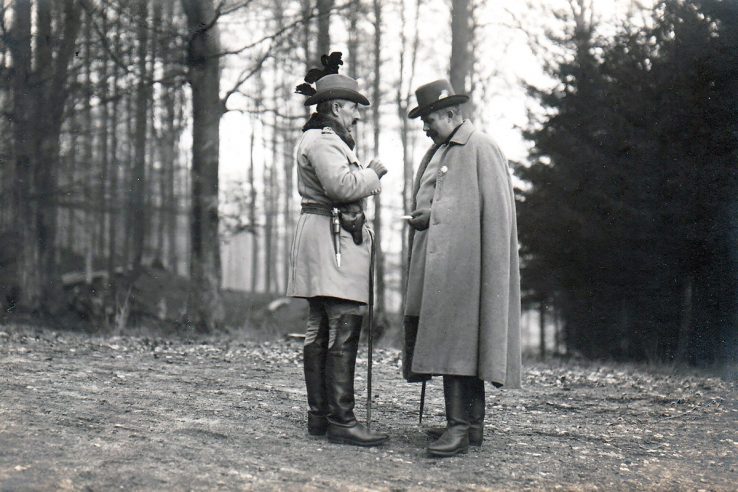
This would have been a brilliant option. Ferdinand was very much aware of the state the Austro- Hungarian Empire was in and had already drafted plans for rather drastic reform, giving equal rights to ethnic groups other than Austrians and Hungarians. He actually had a plan to transform his empire into a federal state modeled after the United States of America. This could have prevented many of the ethnic troubles still plaguing the Balkans today, but to go into detail now would lead too far. Suffice to say, as emperor, Franz Ferdinand would have radically changed the face of Central Europe.
As for the colonies: Germany lost its overseas possessions as a result of the Versailles Treaty. All other colonial powers lost their colonies after World War II, which, of course, came as a direct result of the first war.
I dare not speculate on how long the European empires would have been able to sustain themselves before someone realized it was about time to let other people govern themselves, but I think it may have started around the time when Dr Martin Luther King and the Civil Rights Movement came to prominence in the United States.
From then on, it still could have been a long way to full sovereignty of the colonies (including Canada and Australia), maybe starting in the 1970s with the release of the British dominions.
Let us for now not ponder in detail the implications this could have had for the native populations. Some might have suffered more severely than they did historically as wars of decolonization could have been more brutal than they actually were.
Peace in Europe
So, what would relative peace in Europe have meant in terms of steampunk? In one word: zeppelins!
As a result of the First World War, Germany did not receive helium for her zeppelins. Thus, they were floated using cheap but dangerous hydrogen. This led directly to the Hindenburg catastrophe on May 6, 1937, which put an end to the civilian use of airships. Without it, they might still be around today and we would not mourn their passing into obscurity.
Also, World War II was a major factor in the development of the jet engine. Without World War I, there would probably not have been a World War II and the development of jet propulsion would lag behind compared to what it is today. So zeppelins would still be around in both military and civilian capacity in very much the same way Boeing and Airbus jets dominate the skies today. Oh, what a happy thought indeed!
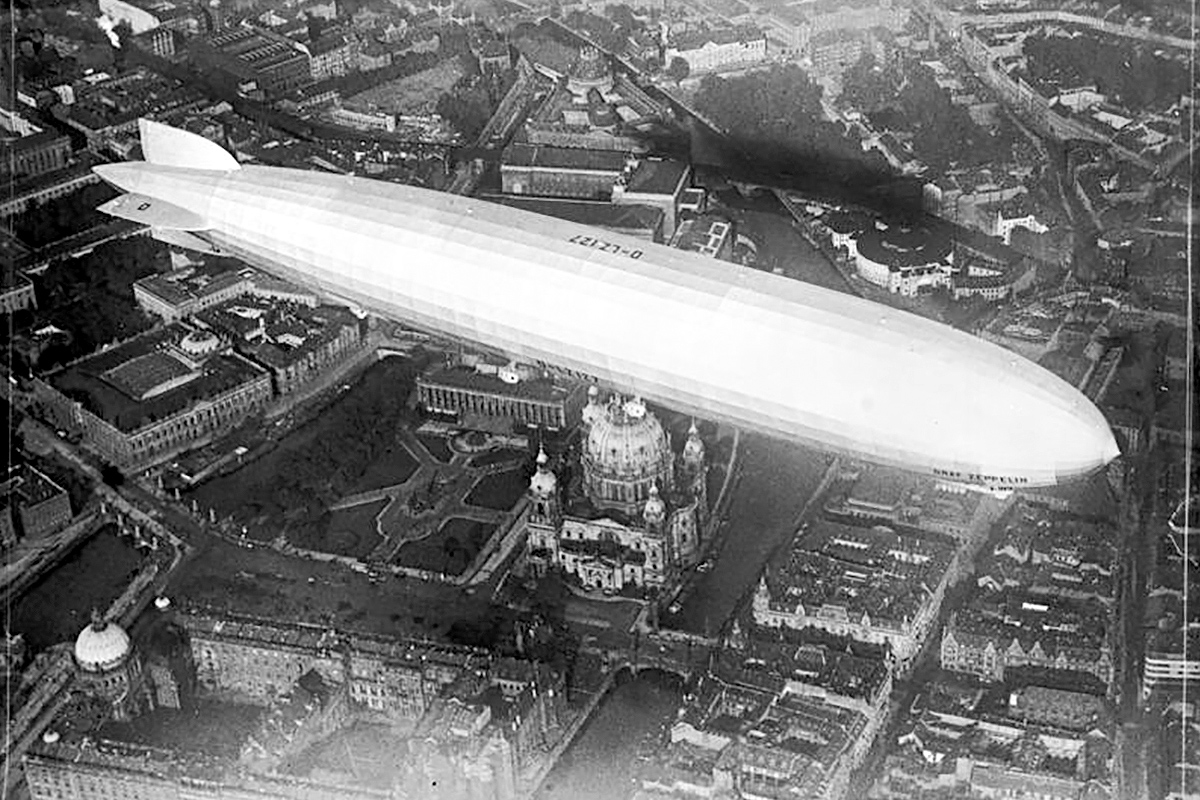
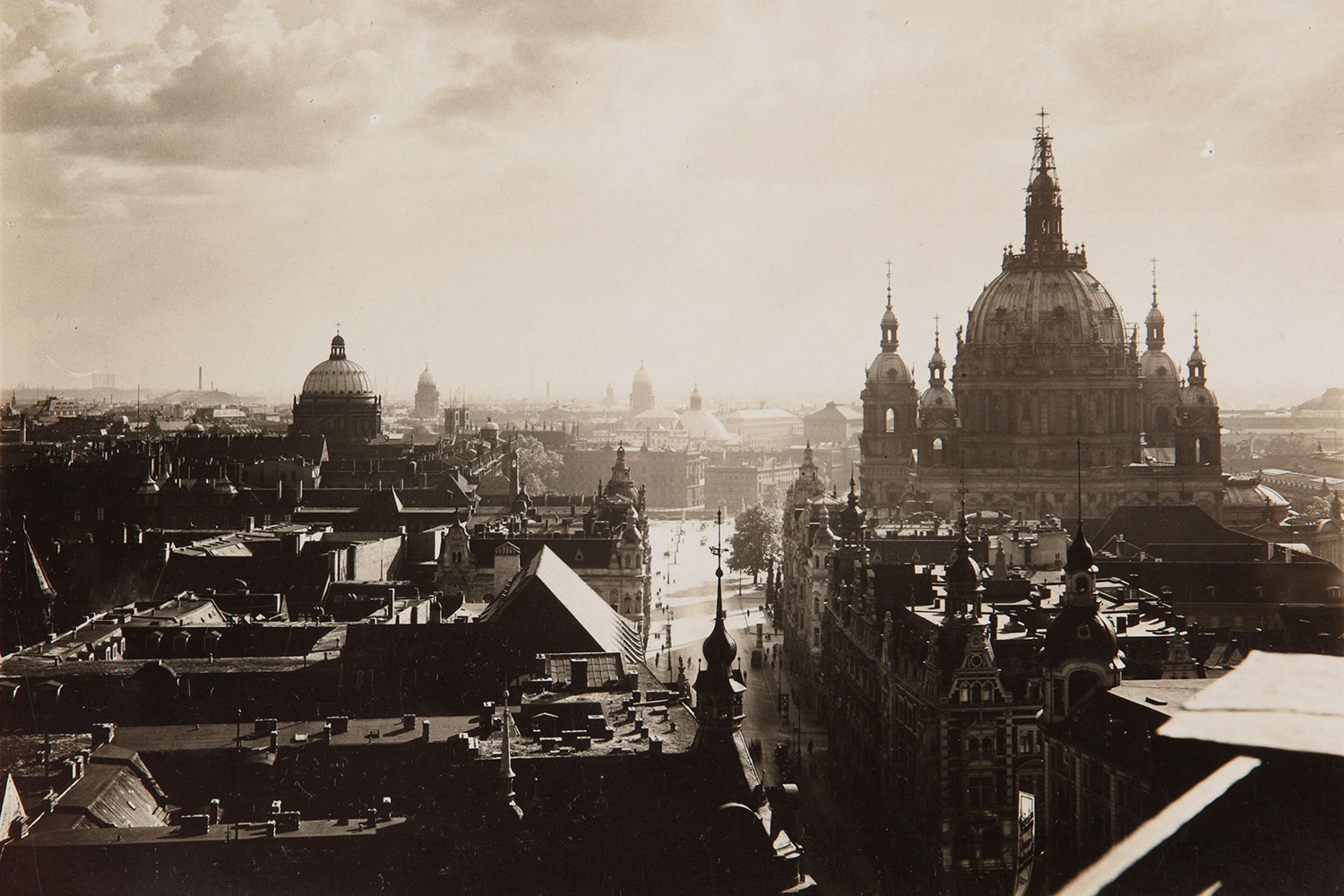
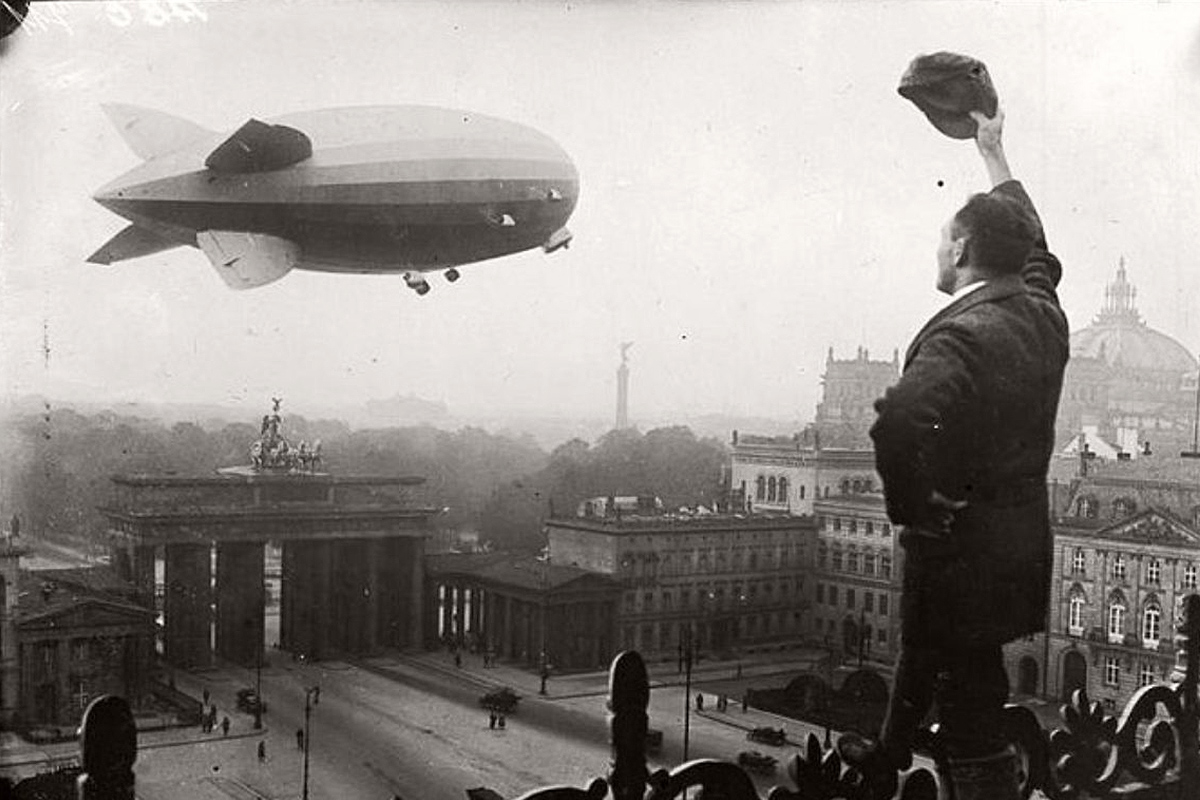
To conclude this essay I provide a quotation from Dr Fritz-Konrad Krüger’s Government and Politics of the German Empire:
With Kaiser Frederick III died the hope of the liberal educated class of Germany. During his whole life, while not a political liberal, he had been the champion of free thought and tolerance. Audiatur et altera pars (“Let the other side also be heard”) was his fundamental principle. Justice to every opinion of a serious-minded man could be expected from him.
From his firm attitude toward Bismarck before 1866, and his insistence on the dismissal of [Robert von] Puttkamer (Author’s note: Puttkammer had manipulated the parliamentary election results in favor of the conservatives), we may draw the conclusion that he would have been a factor in the German government had destiny given him more time.
Although by nature liberal-minded, he had a very strong historic sense and had expressed himself against the introduction of the responsible ministerial form of government. With the radical liberal parties, he disagreed entirely in his ideas on the army and navy.
This story first appeared in Gatehouse Gazette 6 (May 2009), p. 4-5, with the headline “The Reign of Friedrich III”.

